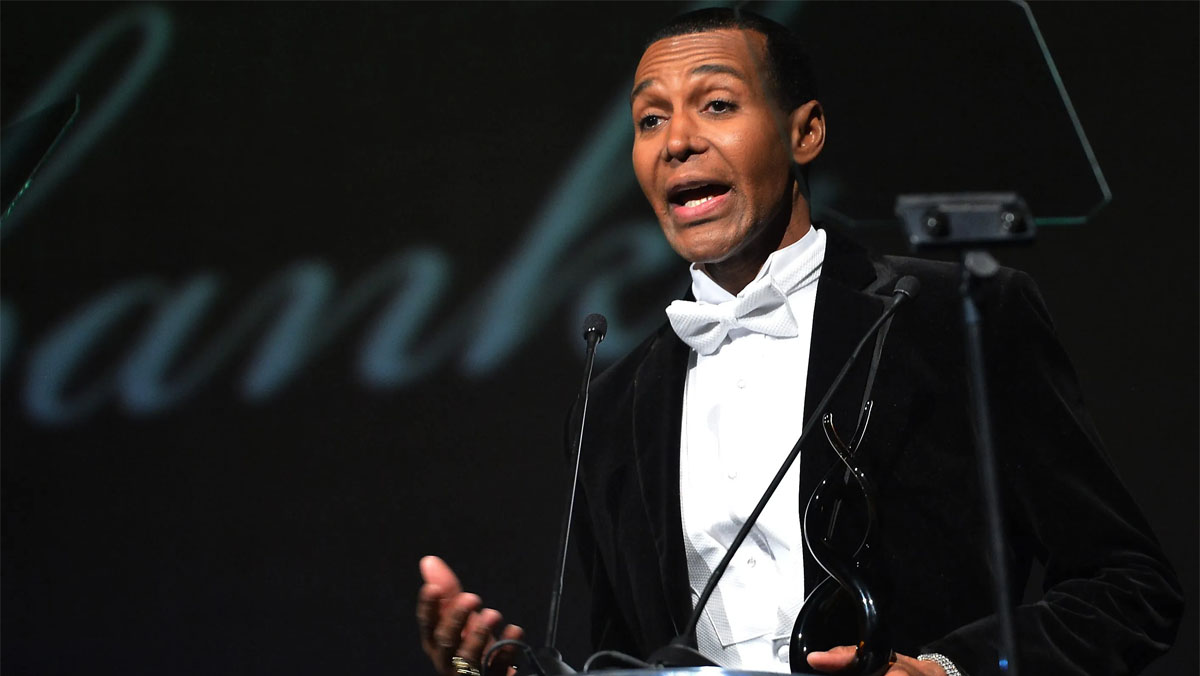
Photo Credit:Rick Diamond/Getty Images
Real Housewives of Atlanta star, Dwight Eubanks reveals that his doctors failed to detect early signs of prostrate cancer since they were so concerned about detecting HIV. The beloved hairstylist and reality‐TV personality known for his memorable appearances on The Real Housewives of Atlanta, is confronting a startling new challenge at age 64, a diagnosis of prostate cancer.
Though routine checkups have long been part of Eubanks’s health regimen, he has lived with HIV since the 1980s and maintains regular six-monthly doctor visits—the doctors had overlooked a critical warning sign. A review of his medical records revealedelevated PSA levels as far back as 2022, but neither the doctor nor any healthcare provider flagged it. Instead, they focused on his undetectable HIV status and reassured him that he was “fine.” Eubanks expressed his disbelief and frustration: “I was like, are you kidding me?”
Eubanks admits he was unprepared for the news. Inspired by his grandfather, who passed away from prostate cancer almost 30 years ago (though he kept his diagnosis secret), Eubanks believed he was safe. Doctors had told him the family history came from his mother’s side and posed little risk. As he put it, “I was thinking I was Superman”—confident, assured, and convinced he was in good health.
The news hit him hard: “When you hear the word cancer, you freak out. I’m human… I was shocked. I was angry. I was just emotionally a wreck,” he told People. Yet even in that raw moment, he recognized a higher calling. Leaning on his spiritual faith and grounding himself through prayer and meditation, Eubanks has decided to channel his shock into advocacy.
In honor of Men’s Health Month, Dwight Eubanks has joined ZERO Prostate Cancer as a brand ambassador, lending his voice to a growing movement for early screening and prevention. Black men in America face significantly higher risks—1 in 6 will be diagnosed with prostate cancer in their lifetime, and they are twice as likely to die from it compared to white men—making Eubanks’s outreach uniquely resonant. At ZERO’s Virtual Education and Support Summit in early June, he’s expected to share his personal story, encouraging communities to ask tough questions, understand their numbers, and advocate for themselves.
In a public statement released by ZERO Prostate Cancer, Eubanks emphasized his motivation: “I could not be silent with this because it could help people… ask questions, look at your records, investigate.” He praised grassroots efforts like church health fairs and community blood drives as powerful tools for early detection. He is already involved in outreach events and digital programming, amplifying his message that early detection can literally be a matter of life and death.

















